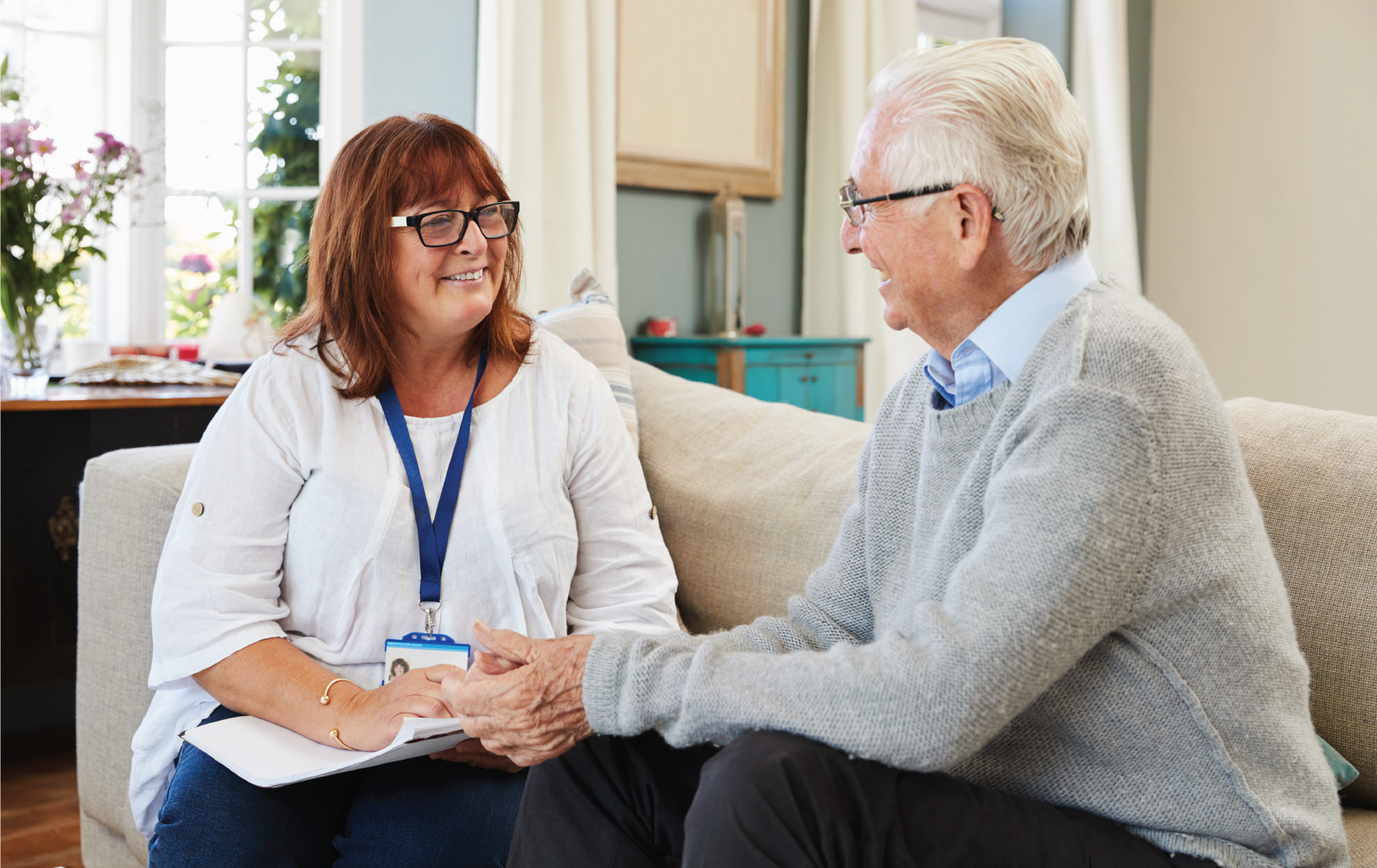
Activate Care CEO and Co-Founder Ted Quinn was featured in a HealthLeaders article entitled "How Activate Care and The Gorge Collaborate To Support Oregon Medicaid...
In the spirit of gratitude that we all hope to share this week, all of us at Activate Care wanted to acknowledge a group of individuals and organizations that may be often overlooked: those who help society improve access to behavioral health care and services.
To improve behavioral health access and outcomes, we need to help patients get the mental health services they need through innovative care models and improved care coordination. Activate Care is proud to support comprehensive behavioral health strategies that incorporate innovative digital tools and clinical best practices. These strategies can create tighter links between patients, providers, and community-based organizations.
Some of the most reliable data on mental health challenges shows that 44.7 million American adults, including 10 million adults covered by Medicaid, experience a mental health illness. It is likely that this number is underreported due to stigma and shame. COVID-19’s negative impact on isolation, grief, and financial strain has caused serious increases in anxiety and depression. Calls to mental health crisis lines have risen by nearly 900%, and national overdose deaths have increased by almost 15%.
As shocking as these statistics are, they are just the tip of the iceberg in terms of long-term challenges that our country will see. Effective treatments exist for most forms of mental illness, but too many Americans - 35% of adults - still don’t receive the mental health care they need. This is in large part because our system does not have the capacity to serve this growing population. We have to do a better job of integrating behavioral health into our primary care system and coordinating care throughout our community health systems.
From periods of great pressure, we can often see new innovations take shape. The COVID-19 pandemic has made the need to address the limitations and inequities of our current mental health policies and practices even more urgent.
Activate Care is grateful to the countless individuals and organizations who are working to promote mental health and improve the lives of people with mental, neurological and substance use disorders, some of who are mentioned below.
Prioritize the Intervention
In every state, the local United Way, 2-1-1, and information and referral (I&R) agencies are the first line of defense for most individuals’ physical, behavioral, and social health needs. As such, they are uniquely poised to tell the story of the needs of a community. On November 19, Activate Care hosted an I&R Professional Roundtable with representatives from 20+ states.
We are seeing more 2-1-1 organizations work collaboratively with other healthcare and social services stakeholders to help individuals needing mental health services access the care they need. These efforts often include public outreach and coordination with key referral sources, connection to person-centered counseling, and help navigating eligibility for public assistance. These coordinated interventions will save lives.
Strengthen the Reimbursement
Many states are leveraging their Medicaid delivery system to transform how care is delivered - including behavioral health care. In Oregon, where Activate Care works with diverse organizations statewide, the CCO 2.0 contact is incentivizing local coordinated care organizations to deliver integrated, whole person care.
Advanced Health CCO is a stellar example of this work in action. Taking a true whole person approach to care coordination, Advanced Health connects their members to medical, dental, behavioral health and substance use treatment through local collaboration and innovation. A critical component of the $6 billion CCO initiative is redesigned reimbursements to strengthen the state’s behavioral health system.
Integrate Community Information
Difficult community challenges, such as substance use, ought to become a shared priority in every community. It takes a community to change behavior and attitudes, and cultivate a safer, healthier, and more socially connected ecosystem of care providers. In Humboldt County, California, an innovative organization has taken on a critical role in this effort: the local health information exchange, or HIE, called the North Coast Health Improvement and Information Network.
There’s clear recognition that there is no single solution to these issues, and change will not effectively happen one person, one organization, or one sector at a time. Healthcare, public health, behavioral health, social services, law enforcement, community organizations, and other leaders in Humboldt County are working collaboratively to exchange information in ways that allow them to respond to these issues and to change the conditions and policies that lead to alcohol and other drug use and misuse in the first place.
If we want to change the status quo, we need to improve collaboration and coordination among all stakeholders, such as healthcare providers, health insurance companies, social services organizations, government agencies, health information exchanges, and information and referral organizations. It takes a community to improve health outcomes. We are grateful to all those who participate in efforts to improve the behavioral health and mental well-being of the nation.

Activate Care CEO and Co-Founder Ted Quinn was featured in a HealthLeaders article entitled "How Activate Care and The Gorge Collaborate To Support Oregon Medicaid...

Every passing week seems to bring a new change in healthcare policy focused on the social determinants of health (SDOH). In the Era of SDOH Care, we can expect to see...